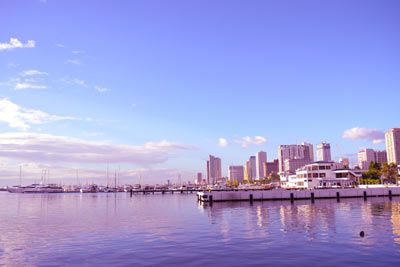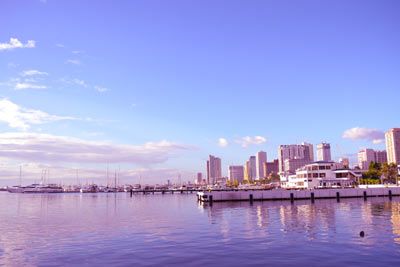Published by Gbaf News
Posted on May 6, 2014

Global Banking and Finance Review is an online platform offering news, analysis, and opinion on the latest trends, developments, and innovations in the banking and finance industry worldwide. The platform covers a diverse range of topics, including banking, insurance, investment, wealth management, fintech, and regulatory issues. The website publishes news, press releases, opinion and advertorials on various financial organizations, products and services which are commissioned from various Companies, Organizations, PR agencies, Bloggers etc. These commissioned articles are commercial in nature. This is not to be considered as financial advice and should be considered only for information purposes. It does not reflect the views or opinion of our website and is not to be considered an endorsement or a recommendation. We cannot guarantee the accuracy or applicability of any information provided with respect to your individual or personal circumstances. Please seek Professional advice from a qualified professional before making any financial decisions. We link to various third-party websites, affiliate sales networks, and to our advertising partners websites. When you view or click on certain links available on our articles, our partners may compensate us for displaying the content to you or make a purchase or fill a form. This will not incur any additional charges to you. To make things simpler for you to identity or distinguish advertised or sponsored articles or links, you may consider all articles or links hosted on our site as a commercial article placement. We will not be responsible for any loss you may suffer as a result of any omission or inaccuracy on the website.
Published by Gbaf News
Posted on May 6, 2014

Turkey is known by holidaymakers all over the world for its rich culture, sundrenched beaches and laid-back atmosphere but could the current state of the Turkish Lira make it a haven for investor’s as well as tourists?
Turkey is one of the most dynamic and attractive markets for UK companies. Already sizeable, the Turkish economy is predicted to be the second fastest growing economy in the world by 2018 and will out-strip those of Italy and Spain in the next decade. Turkey, with its large, young and well-educated population, is already a member of the EU Customs Union and is negotiating for full EU membership.

Why TURKEY Could Be A Paradise For UK Companies And Investors As Well As Sun-Seekers.
In the last decade alone Turkey has generated one of the most respectable GDP growth rates in the world. For the first time in 30 years, inflation has fallen to single digits, helping to accelerate growth. Its GDP per capita has tripled and has expanded into new regions and markets. Between 2009 to 2011 the country succeeded in generating 3.2 million jobs, a figure that is greater than the total number of jobs created in the entire 27 member states of the European Union combined during the same time period.
The level of early stage entrepreneurship activity in 2010 in Turkey was 8.6% which means that about 9 out of every 100 adults were entrepreneurs. This percentage has almost certainly risen further in the past three years.
Facts and figures for businesses and investors to bear in mind:
Caxton FX Senior Account Manager, Philip Hoey made this statement regarding the current outlook of the Turkish lira: “The pound climbed to an all-time high against the Turkish lira in January. Although the exchange rate has fallen since then, the pound is still 28% higher against lira at the moment compared to this time last year, so a trip to Turkey is still great value.
In addition, there is growing pressure on the Central Bank of the Republic of Turkey to cut Turkish interest rates, which would drive the pound even higher against the lira. Governor of the CBRT, Erdem Basci, suggested last week that an interest rate cut may be on the cards soon, due to the improving inflation outlook in Turkey. Holidaymakers should consider buying some lira now and some closer to the time of departure, to hedge against volatility and average out the exchange rate.”